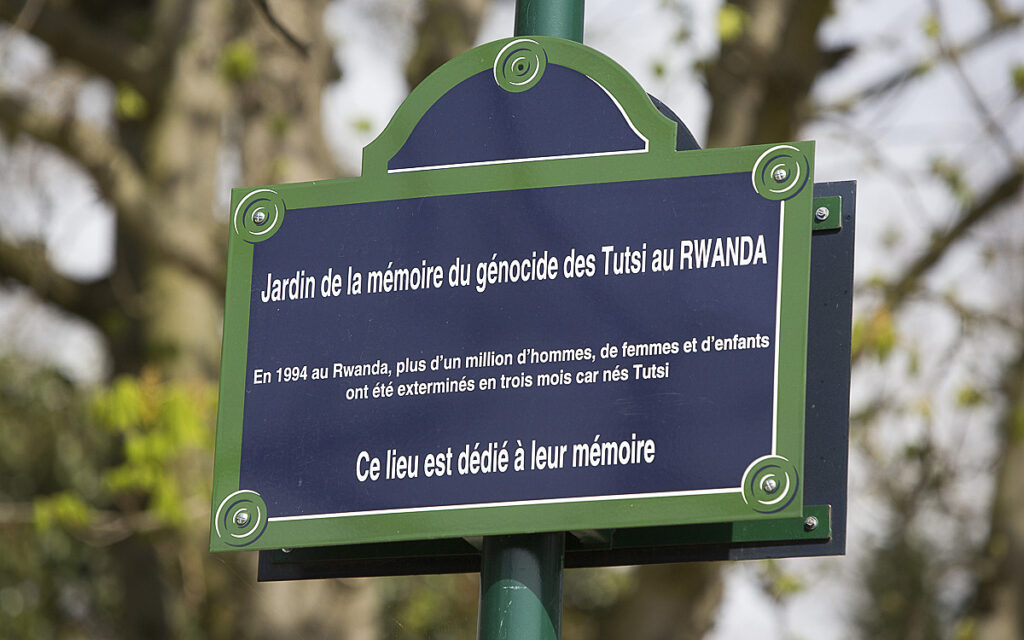A monument commemorating the 1994 genocide against the Tutsi in Rwanda will be erected on the banks of the Seine in the heart of Paris, the French presidency announced Friday. The “symbolic and important” gesture was welcomed by survivors of the tragedy.
The decision was announced on the occasion of the 29-year commemoration of the tragedy on April 7th.
“We are delighted, it’s very important. Paris is a city that speaks to the world, and it is a demonstration that France, which has made a lot of progress in recognising the genocide of the Rwandan Tutsis, recognises its history,” Marcel Kabanda, president of the survivors’ association Ibuka France, told AFP.
“It is a gesture of appeasement of memories between France and Rwanda and appeasement of the hearts of the genocide survivors,” he added.
In 2021, French President Emmanuel Macron acknowledged the country's “responsibility” for the 1994 genocide but was criticised by survivor groups for not offering a full, official apology.
The monument will be erected on the left bank of the Seine not far from the Foreign Affairs Ministry, just opposite a monument dedicated to the memory of the victims of the Armenian genocide.
Today, we are joining #Rwanda and the world to commemorate the 29th anniversary of the 1994 Genocide Against the Tutsi. #Kwibuka29 pic.twitter.com/A3ayTQ4HnW
— African Union (@_AfricanUnion) April 7, 2023
The goal of the memorial is to “pay a national, visible and permanent tribute to the memory of the victims”, said the French presidency, which will launch a call for tenders with the city of Paris at the end of May.
According to the UN, more than 800,000 people — primarily members of Rwanda's Tutsi minority — were massacred in abominable conditions between April and July 1994, in a genocide orchestrated by the Hutu majority government.
France, which maintained close relations with the Rwandan regime, has long been accused of “complicity” by Kigali. A commission of historians set up by President Macron concluded in 2021 that France bore “serious and overwhelming responsibility” for the genocide, while ruling out complicity. The report led to an unprecedented rapprochement between Paris and Kigali after decades of tensions.
Related News
- Colonial human remains should be returned, not put on display
- Decolonising the mind: Afro-Belgians to be honoured in public spaces
- Parliament passes bill making it easier for mixed-race persons to consult colonial archives
The decision to erect a monument allows “the extreme importance of the 1994 disaster to be recognised”, the chairman of the Historians’ Commission said.
He pointed to the “very symbolic location” right next to the Foreign Affairs Ministry, “one of the high places of power, whose responsibility for the genocide is now known.”
In Paris, there is already a garden of memory in the Parc de Choisy, in the South of the capital, and a stele in the Père-Lachaise cemetery.
In the Brussels region, a sculpture in Woluwe Saint Pierre commemorates the genocide. Belgium ruled Rwanda as a colonial power after World War I and played a key role in fostering inter-communal hatred.

